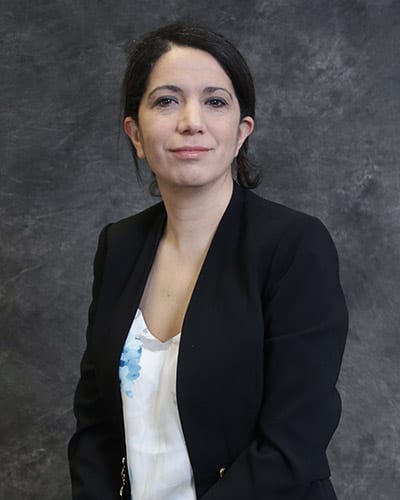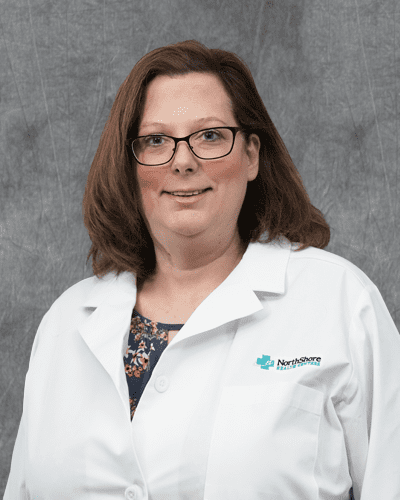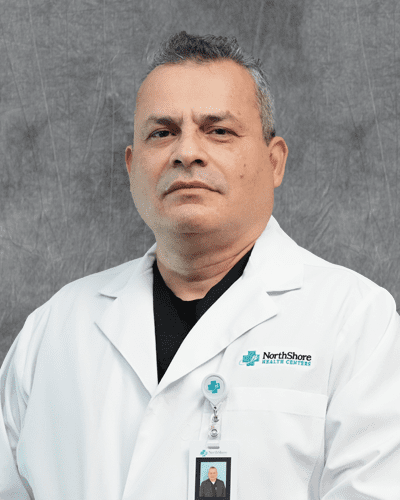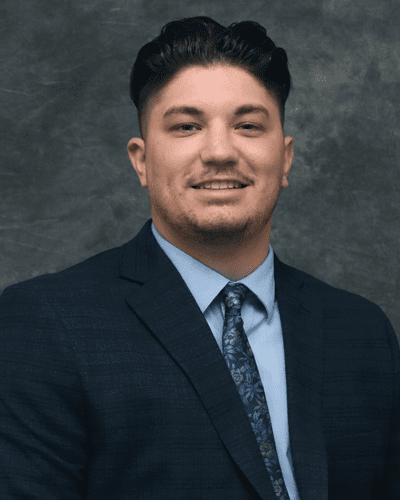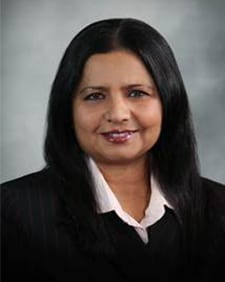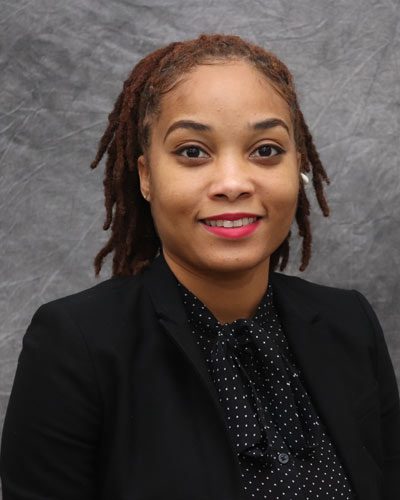Sick Visits
Pediatric Sick Visits at NorthShore
As a parent, making the right decision for your child’s health is not always easy, including when sick is too sick and requires a trip to the doctor.
If your baby is not feeling well:
You should contact your pediatrician or health care provider if your baby is experiencing any of the symptoms below.
- Fever of 100.3 degrees or higher
- Hard to wake up or less active
- Poor eating
- Crying without stopping & hard to comfort
- More than 4 watery stools in 8 hours
- Decreased urine or fewer than 6 wet diapers in 24 hours
- Eye redness/drainage
- Redness, swelling, or pus around cord or genitals
- Cough that disrupts baby’s sleep
- Heavy breathing
- Rash with or without fever
- Vomiting
If your child is not feeling well:
Watch carefully for signs and symptoms. Some children may not be able to tell you about their symptoms, which can delay your response to their illness.
Fever
A fever is a temperature measured by mouth with a thermometer that is equal to or greater than 100.3 degrees Fahrenheit (37.8 degrees Celsius). If you are not able to measure a temperature, signs and symptoms that may indicate your child has a fever include chills, feeling very warm to the touch, having a flushed appearance, or sweating.
Flu
Symptoms of flu include fever, cough, sore throat, runny or stuffy nose, body aches, headache, chills and tiredness. Some people may also have vomiting and diarrhea. People may be infected with the flu and have respiratory symptoms without a fever.
Watch for emergency warning signs that need urgent medical attention. These warning signs include one or more of the following:
- Fast breathing, trouble breathing, shortness of breath, or no longer breathing
- Bluish, purplish, or gray skin color especially around the lips and the inside of the mouth, or around the nails
- Not drinking enough fluids, refusing to drink
- Not urinating, decreased number of wet diapers, or no tears when crying
- Severe or persistent vomiting
- Not waking up or not interacting (e.g., unusually quiet and inactive, no interest in playing, no interest in favorite toy)
- Being so irritable that the child does not want to be held, or cannot be consoled
- Pain or pressure in the chest or stomach
- Sudden dizziness
- Confusion
- Flu-like symptoms improve but then return with fever and worse cough
Prepare for emergencies in advance by asking your pediatrician where to go and what to do if your child is faced with a needs emergency situation. Keep emergency phone number and addresses accessible and learn basic first aid, including CPR. NorthShore offers a Family & Friends CPR class which covers topics such as infant and child CPR and choking. Visit our events page for more details.
Stay home if you or your child is sick with the flu or fever until at least 24 hours after there is no longer a fever or signs of a fever (without the use of fever-reducing medicine). Children and teenagers should not be given aspirin (acetylsalicylic acid); this can cause a rare but serious illness called Reye’s syndrome.
Make sure your child gets plenty of rest and drinks clear fluids (such as water, broth, sports drinks) to prevent dehydration. For infants, use electrolyte beverages such as Pedialyte®.
Contact your health care provider immediately if a child younger than 5 years of age is sick. This is important because the antiviral medicines used to treat flu work best when started within the first 2 days of getting sick. Your health care provider will tell you what special care is needed for your child.
Suggestions to protect other family members
- Get your family vaccinated for seasonal flu according to CDC recommendations.
- Show your family how to cough and sneeze into a tissue or into their elbow or shoulder if a tissue is not available, then throw the tissues away right after use.
- Teach your family to wash their hands often, especially after coughing or sneezing. Help your younger children wash them for 20 seconds with soap and water. If soap and water are not available, you can use an alcohol-based hand sanitizer.
- Clean surfaces and objects that your children and family frequently touch with their hands, mouth, or body fluids. Wipe these surfaces with a household disinfectant and be sure to follow the directions on the product label.
- As much as possible, keep your sick child in a separate room in the house or separated from household members who are not sick.
- If you think you need to contact a doctor, do it! NorthShore has a provider on call 24 hours a day to address concern and provide recommendations for treatment if NorthShore clinics are not open for business.









